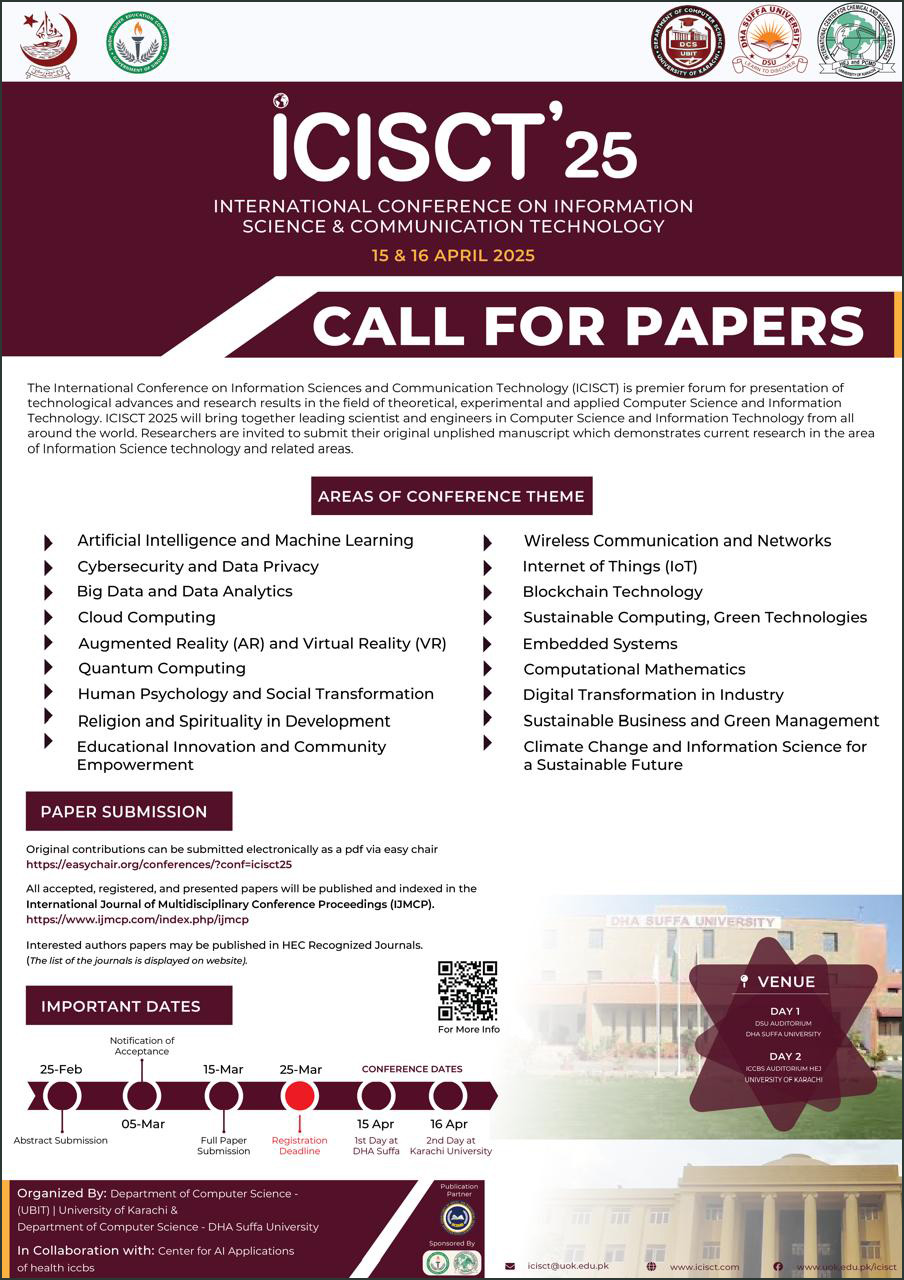Impact of Affirmative Actions to Enhance Participation of Minorities in Governance of Pakistan
DOI:
https://doi.org/10.61503/cissmp.v1i2.20Keywords:
Cultural Tolerance, Affirmative Action, Minorities rights, PakistanAbstract
Paper is an effort to assess the impact of affirmative actions to enhance the participation of religious minorities in governance in Pakistan. Quantitative research approach is employed in the research. Researcher used both secondary and primary sources of data for in-depth understanding of the issue. For secondary data various research papers, reports and policy papers were analyzed keeping in mind the research questions. Survey has been conducted with the help of questionnaire from the relevant population. Research found that there are adequate legislation and policy aiming at enhancing minority participation in governance and society. To some extent minority population is satisfied with existing policies and quotas however, certain issues and challenges have been identified which obstruct the inclusion of minority population which include cultural factors, some historical hostilities among Muslim and some no-Muslim groups, sense of self-isolation of minority, role of certain fundamentalist groups. To solve these issues government and civil society must take certain steps like proper implementation of quotas, protection of minority, propagation of cultural tolerance and religious pluralism, inter-faith dialogue and research on minority issues.
Downloads
Downloads
Published
Issue
Section
License
Contemporary Issues in Social Sciences and Management Practices (CISSMP) licenses published works under a Creative Commons Attribution-NonCommercial (CC BY-NC) 4.0 license.









